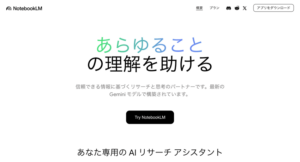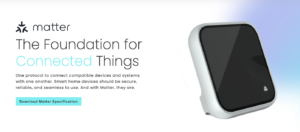The Gemini Shockwave: Why Apple Partnered with Google to Power Siri’s Massive AI Upgrade
【この記事にはPRを含む場合があります】
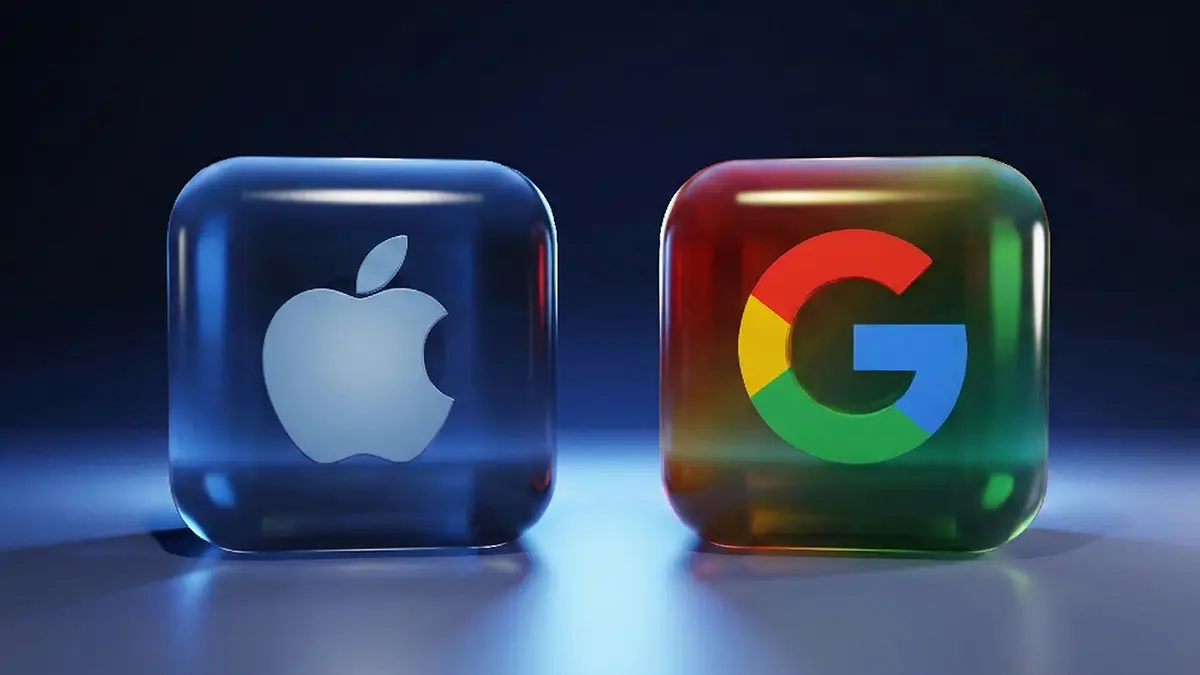
If you use your smartphone daily, you may have thought: “Siri is great for setting timers or sending simple messages, but I wish it were a bit smarter”. With the rapid advancement of AI, particularly the ability of chatbots like ChatGPT to answer complex questions and summarize long texts, Siri has consistently faced criticism for lagging behind other AI assistants.
Amidst this landscape, news has broken that is shaking up the entire technology industry: Apple is reportedly partnering with its long-time rival, Google, to adopt Google’s powerful AI model, Gemini, as the core intelligence behind Siri.
This is being described as a strategic decision that arguably put Apple’s corporate pride aside.
In this article, we will clearly address all the questions you want answered: “Why does Siri need Google’s AI now?”, “How will our iPhones and iPads evolve and become more useful with Gemini integration?”, and “What about the availability, cost, and the crucial question of whether our privacy will truly be protected?”.
By the time you finish reading, you will have a clear image of a future where your digital assistant, Siri, transforms from a mere voice command tool into a truly smart “Personal AI Assistant”.
- Understanding the Core Players: Siri vs. Google Gemini in the Current AI Landscape
- Apple's Voice Assistant: The Evolution of Siri
- Introducing Gemini: Google's State-of-the-Art Large Language Model (LLM)
- Why Apple Adopted Gemini? A Strategic Decision That Put Pride Aside
- Reason 1: Internal Delays and the Technical Gap in Apple's AI Model
- Reason 2: Renting High-Performance Processing Power as a "Shortcut"
- Reason 3: Safeguarding Privacy While Utilizing Google's Technology
- When Will Siri Get Gemini and How Much Will It Cost? (Spoiler: It's Free)
- How Smart Will Siri Get? The Transformative Power of Gemini
- 1. Planner and Summarizer Features: Handling Complex, Multi-Step Tasks
- 2. Deep Personal Understanding via Contextual Awareness
- 3. New User Interface and Typing Input Options
- Apple Intelligence, ChatGPT, and Gemini: Defining the Roles
- Apple Intelligence is the Overarching AI Platform
- ChatGPT and Gemini are "Powerful External Reinforcements"
- The Future of the iPhone: What the Siri-Gemini Partnership Means for You
Understanding the Core Players: Siri vs. Google Gemini in the Current AI Landscape
First, let’s briefly review the two main players in this partnership: Siri and Gemini.
Apple’s Voice Assistant: The Evolution of Siri

Siri is the virtual assistant uniquely developed by Apple and integrated into its major operating systems, including iOS, iPadOS, and macOS.
Siri’s History and Traditional Role
Siri first launched on October 4, 2011, with the iPhone 4S, marking the first time AI capabilities were implemented in an Apple product.
Siri can be activated using the voice command “Hey Siri” or physical actions. It uses Natural Language Processing (NLP) to answer user questions and execute tasks such as setting reminders, checking the weather, playing music, or launching apps. Siri was designed to adapt to a user’s language use, searches, and preferences over continuous use, providing individualized results.
However, for years following its release, Siri has been consistently criticized for lagging behind rival AI assistants (like Google Assistant and Amazon Alexa) in advanced functions such as complex contextual understanding and multi-step task processing.
Siri’s Foundational Technology
Siri originated as a spin-off project from the SRI International Artificial Intelligence Center, using NLP technology as its core. For many years, the voice recognition engine was supplied by Nuance Communications.
Introducing Gemini: Google’s State-of-the-Art Large Language Model (LLM)
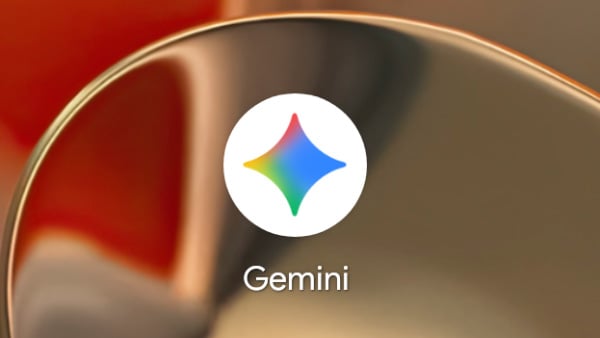
Gemini is the Large Language Model (LLM) and chatbot developed by Google. Its performance sets the current benchmark in the AI industry.
Gemini’s Edge: Unmatched Intelligence and Scale
Gemini’s most significant feature is its ability to understand and process multiple formats (multimodal), including text, images, audio, and video.
The foundational model of Gemini that Apple is reportedly adopting to enhance Siri is a massive model boasting 1.2 trillion parameters. Parameters are akin to connections in the AI’s brain; the higher the number, the smarter the AI is, leading to a better ability to understand complex context and execute advanced tasks.
This size represents an approximately 10-fold difference compared to the estimated 150 billion parameters in Apple’s current in-house model. This immense scale supports Gemini’s advanced reasoning capabilities, sometimes described as “PhD-level reasoning power”. Gemini’s technology is already utilized in various Google products, such as its note-taking assistant tool, NotebookLM, where it has received high praise for summarizing uploaded documents and answering related questions efficiently.
Why Apple Adopted Gemini? A Strategic Decision That Put Pride Aside
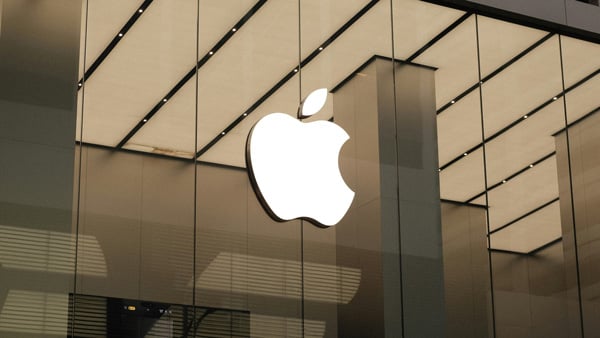
Apple has long adhered to a philosophy of “vertical integration,” developing everything in-house and prioritizing privacy. Why, then, did Apple make the unusual, perhaps even humbling decision to adopt the AI technology of its competitor, Google? The backdrop is the intensifying AI race and Apple’s own strategic delays.
Reason 1: Internal Delays and the Technical Gap in Apple’s AI Model
The main reason is the technical gap—Apple has struggled to keep up with the global pace of AI advancement.
Siri’s Contextual Understanding Challenge Following the rapid development of generative AI spurred by ChatGPT’s late 2022 launch, Apple’s leadership was forced to re-focus its AI efforts. While the traditional Siri excelled at simple, single commands, it struggled with complex, context-dependent questions (like “Book the restaurant we talked about in yesterday’s email”) and tasks that spanned multiple applications.
“Personal AI” Feature Delay Apple unveiled “Apple Intelligence,” a significant overhaul for Siri, at WWDC 2024. However, key features central to this platform—namely “complex language understanding” and the “Personal AI Assistant”—have faced difficulties, and their introduction has reportedly been delayed until Spring 2026, a substantial delay of over a year.
This delay is partly attributed to the technical difficulty Apple faced in pursuing a “privacy-first” philosophy, requiring processing to be completed on the device (on-device models) rather than solely in the cloud.
Reason 2: Renting High-Performance Processing Power as a “Shortcut”
Waiting for its in-house model to mature would risk Apple being completely left behind in the AI race. The strategy Apple chose was a “shortcut“: renting Google’s completed, high-performance engine.
Overwhelming Parameter Count While Apple is progressing with its own model development, it cannot match the scale of Gemini’s 1.2 trillion parameters.
Immediate World-Class Capabilities Gemini can immediately deliver world-class performance for sophisticated tasks that Siri has traditionally struggled with, such as summarization and planner functions.
The $1 Billion Annual Lease This partnership is reportedly being realized through a massive payment from Apple to Google—approximately $1 billion (over 150 billion JPY) annually. This immense fee symbolizes the current reality that Apple is effectively “renting” its AI technology.
Apple’s true goal is eventually to complete its own trillion-parameter-scale model and fully replace Gemini. Therefore, this partnership functions as a temporary bridge until that goal is achieved.
Reason 3: Safeguarding Privacy While Utilizing Google’s Technology
The most critical factor for Apple in adopting Gemini was its absolute commitment to not compromising on privacy.
Apple Intelligence is fundamentally designed to perform processing on-device to protect user privacy. However, for the complex requests that require a Large Language Model, Apple uses its own server-based data centers called Private Cloud Compute (PCC).
The key to this partnership is that Google Gemini’s powerful AI model will run as a custom version on Apple’s own Private Cloud Compute servers, not on Google’s servers.
Data Non-Sharing User data and personal information will remain within Apple’s PCC and will not be shared with Google. Apple is licensing only the intelligence (the “engine”) of Gemini, while Apple completely controls the infrastructure.
Anonymization and Encryption When utilizing the PCC, data is anonymized and encrypted. It is designed to be used only temporarily and will not be stored.
In short, Apple is executing a strategy to achieve high performance while maintaining strict privacy: borrowing Google’s high-performance AI “brain” but maintaining its own stringent privacy standards.
When Will Siri Get Gemini and How Much Will It Cost? (Spoiler: It’s Free)
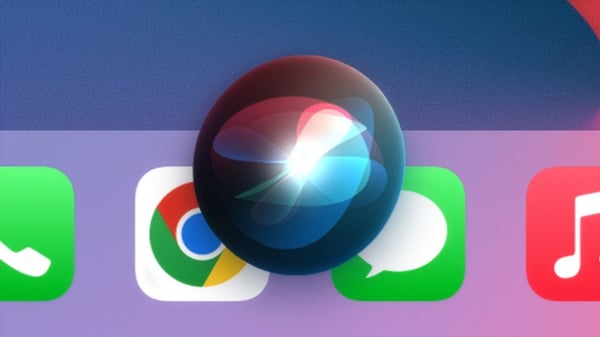
If high-performance Gemini is coming to Siri, you are likely wondering, “When can I use it?” and “Will I have to pay for it?”
Availability Timeline
The features of Siri integrated with Gemini will be rolled out as part of Apple’s AI platform, Apple Intelligence.
Current Status and Future Outlook
Apple has stated publicly that it plans to integrate other LLMs, such as Google’s Gemini, in the future.
The full implementation of the more advanced features, such as “complex language understanding” and the “Personal AI Assistant,” requires a fundamental architectural redesign of Siri (the second-generation architecture). This is expected to arrive around Spring 2026 (likely iOS 26.2 or 26.4). Reporting suggests that the serious enhancement of Siri using a custom Google Gemini model is most likely to occur in Spring 2026.
Note on Existing AI Features (ChatGPT Integration)
It is worth noting that Apple has already implemented a feature, starting with iOS 18.2, iPadOS 18.2, and macOS Sequoia 15.2, that allows users to voluntarily invoke and use external ChatGPT (GPT-4o) through Siri.
Pricing and Compatible Devices: Who Gets Access for Free?
Apple Intelligence, and the integrated Gemini and ChatGPT features, will be offered free of charge to all users with compatible devices.
About the Cost
Since Apple Intelligence is provided as an embedded feature of Apple products, there is no additional cost for its utilization.
However, the integrated ChatGPT feature is available for free with a limited number of GPT-4o requests without signing in. Users with a paid subscription (ChatGPT Plus) can sign in to access more features and request volumes. A similar model may be adopted for Gemini, though details are not yet explicit.
Device Compatibility Requirements
The LLM supporting Apple Intelligence requires extremely powerful processing capabilities, resulting in strict requirements for compatible devices.
- iPhone: Devices equipped with the A17 Pro chip or later (such as iPhone 15 Pro / 15 Pro Max, iPhone 16, iPhone 17 series, etc.).
- iPad/Mac: All models equipped with Apple Silicon M-series chips (M1 chip or later).
- Memory: All devices must have 8GB of memory or more.
Apple explains that the Neural Engine (the part used for AI tasks) in older chips does not have sufficient power to execute Apple Intelligence features.
How Smart Will Siri Get? The Transformative Power of Gemini
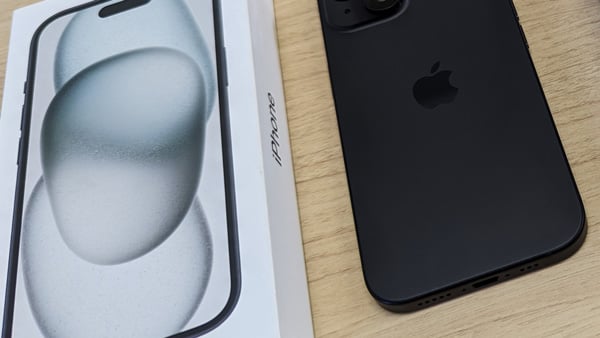
By gaining Google Gemini’s massive AI engine, Siri will transform from its previous role as a simple weather reporter or timer setter into a truly intelligent assistant.
The evolution that Gemini brings to Siri primarily concentrates on two areas: advanced task processing and contextual understanding.
1. Planner and Summarizer Features: Handling Complex, Multi-Step Tasks
Gemini’s immense processing power will allow Siri to instantly complete complex tasks that were impossible with the previous iteration.
Ultra-Fast Summarization (Summarizer) Siri will be able to instantly understand the content of long emails, articles, or documents, and extract and summarize only the most important points. For instance, by simply asking Siri to “summarize the key points of this email,” it can grasp the content of an article spanning 5,000 words in seconds.
Multi-Step Complex Task Execution (Planner) This is one of the most anticipated improvements. Siri will be able to understand complex instructions that traverse multiple steps or applications and break them down into executable actions.
- Example: Users will be able to complete complex tasks spanning multiple apps (Photos, Lightroom, Mail) with a single instruction to Siri, such as, “Find the best photo I edited in Lightroom last weekend and email it to John Doe”.
2. Deep Personal Understanding via Contextual Awareness
The new Siri will leverage your on-device activities and information to develop a deep understanding of “you“.
Improved Context and Conversational Understanding Siri’s ability to remember previous conversation content and accurately understand intent even when users employ pronouns (“that,” “this,” etc.) will improve. For example, if you ask, “When does Mom’s flight land?” Siri will find flight details from your calendar or email, cross-reference them with real-time tracking, and provide the arrival time.
Understanding On-Screen Information Siri will also be able to understand the information displayed on your device’s screen (e.g., content of an email or webpage). For instance, seeing an email stating, “Let’s meet Friday at 3 PM,” you can simply say, “Add this to my calendar,” and Siri will accurately grasp the time and location and create the event.
3. New User Interface and Typing Input Options
Siri’s usability will also change significantly.
New Design Siri will feature a redesigned interface that enables richer language understanding.
Typing Input Feature While primarily based on voice input before, the new Siri will add a feature allowing you to type input to Siri at any time. This is highly convenient for situations where you cannot speak aloud, such as in quiet settings.
The partnership with Gemini accelerates Apple’s realization of a “Personal AI” and brings about an evolution so profound it can truly be called “transformative,” fundamentally changing the iPhone experience.
Apple Intelligence, ChatGPT, and Gemini: Defining the Roles
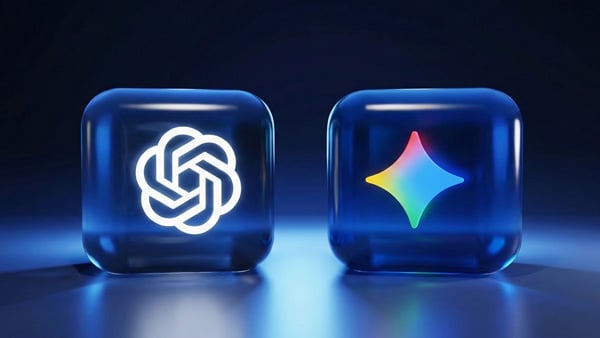
When researching Siri’s enhancement, the three terms “Apple Intelligence,” “ChatGPT,” and “Gemini” might be confusing. Here is a breakdown of their respective roles and relationships.
Apple Intelligence is the Overarching AI Platform
Apple Intelligence is the overarching term for the Artificial Intelligence platform (AI system) that Apple is developing internally. It is not a single feature but the foundation for integrating AI capabilities across all Apple products.
Apple Intelligence is structured around two pillars:
On-Device Models: Smaller Large Language Models (LLMs) processed inside the device, prioritizing privacy protection and immediacy.
Private Cloud Compute (PCC): Larger LLMs running on Apple Silicon-based servers, designed to handle complex requests while maintaining privacy.
All new AI features, including enhanced Siri capabilities (conversational understanding, notification summarization), image generation (Image Playground), writing tools, and email categorization, are offered as part of the Apple Intelligence platform.
ChatGPT and Gemini are “Powerful External Reinforcements”
While Apple Intelligence is centered on its proprietary AI model (Apple Foundation Model), it adopts a hybrid strategy by collaborating with powerful external LLMs to supplement its processing power and knowledge base.
ChatGPT Integration As already announced, Siri, based on Apple Intelligence, can utilize OpenAI’s ChatGPT (GPT-4o) when voluntarily invoked by the user. This allows Siri to delegate expert questions or creative writing tasks that exceed its own knowledge.
Gemini’s Role Like ChatGPT, Gemini is an external LLM. However, Apple is specifically adopting a custom Gemini model to supplement areas where its in-house models still struggle, such as complex multi-step tasks and advanced summarization. Since Gemini runs on Apple’s PCC, it operates within Apple’s privacy protection framework.
Simply put, Apple Intelligence is the AI’s “command center,” and Siri is the interface (the communication window). ChatGPT and Gemini are the world’s most powerful “special forces” that the command center calls upon when its own power is insufficient.
Apple’s ultimate objective is to utilize Gemini as a temporary “rental engine” while eventually transitioning to its own proprietary trillion-parameter model.
The Future of the iPhone: What the Siri-Gemini Partnership Means for You
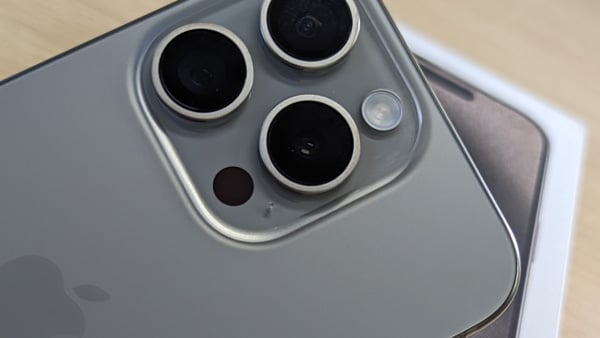
Apple’s decision to adopt Google Gemini, despite the significant cost (a reported $1 billion annually), marks a major turning point in the AI race. This move will dramatically enhance Siri’s capabilities, making our digital lives more seamless and intelligent.
Time Savings Enabled by the Smarter Siri
Previously, complex requests or multitasking on the iPhone required opening multiple apps, copying and pasting information, and manual processing. The integration of Gemini’s planner and summarization features into Siri will drastically reduce this friction.
For example:
Research Efficiency Siri can instantly summarize long texts—web articles, PDFs, or emails—that would take time to read, allowing you to grasp only the essential points.
Seamless Operations Complex operations spanning Calendar, Maps, Mail, and Photos will become possible using only voice or typed input, without needing to open the individual apps.
By becoming an assistant that truly understands you, the iPhone will evolve beyond a mere tool and transform into a partner that anticipates and fulfills your intentions.
Cost Commitment and Trust in Privacy
The fact that Apple is investing $1 billion annually to acquire Gemini’s intelligence and insists on operating it on its own Private Cloud Compute demonstrates Apple’s serious commitment to Siri’s evolution and its strong dedication to privacy protection.
From the user perspective, this results in the best possible outcome: free access to world-class AI without compromising privacy.
Next Steps While Siri’s major transformation is expected from Spring 2026 onwards, the first step is to check if your iPhone is compatible with “Apple Intelligence” (iPhone 15 Pro or M-series models and later).
We highly recommend looking forward to the future where Siri is truly reborn within this massive cycle of AI evolution. Your iPhone is set to evolve into a personal and powerful assistant beyond anything previously imaginable.
Clarification Analogy:
This high-stakes partnership between Apple and Google is like a construction company (Apple) that is racing to build a state-of-the-art skyscraper (Apple Intelligence). They realized that their internal engine (the original Siri model) wasn’t powerful enough to hoist the massive steel beams required for the top floors in time. So, they decided to rent the world’s most powerful crane (Google Gemini) immediately. Crucially, they set up the crane on their own secure construction site (Private Cloud Compute) and only let their trusted personnel operate it, ensuring no one from the rental company (Google) can access their proprietary blueprints or the materials they are lifting (user data). The goal is to use the rented crane to finish the critical parts quickly, while simultaneously building their own, even bigger crane to replace the rental in the future.



